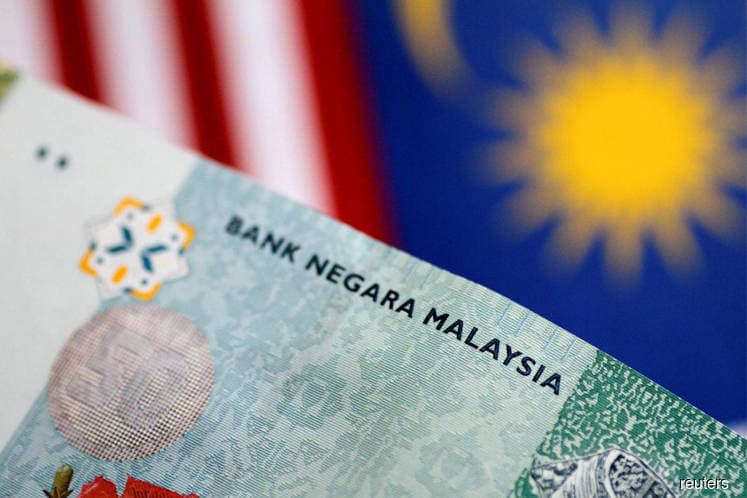
This article first appeared in The Edge Financial Daily on June 27, 2018
KUALA LUMPUR: Malaysian Prime Minister Tun Dr Mahathir Mohamad is considering changing the nation’s currency or going cashless altogether in order to combat corruption in the country, which he says is one of the biggest legacies of the previous Barisan Nasional administration.
The government is now studying “how best to reduce corruption, certainly, and how best to keep track of money that is being spent, especially by the government”, Dr Mahathir was quoted as saying in an interview with Channel News Asia (CNA).
On changing the currency, he said: “It’s not an easy thing because when you want to replace currency, you must know how much currency is in circulation. If you were to replace, you need to print huge amounts of paper money ... but that is not a decision that one makes lightly. You have to study the effect on the economy.”
There is no fixed timeline on when a decision must be made, he said, adding that the government will put in place what is best for the country.
Pegging the ringgit — a controversial move Dr Mahathir himself implemented in 1998 during his first tenure as prime minister — is also being considered by the new government. “At the moment, there is no need [to peg the ringgit]. But we will have to study that also. That is one of the options that we have,” he was quoted as saying.
In the same interview, Dr Mahathir revealed that the government is aiming for a national debt of RM300 billion, and is hoping to see some progress by next year.
The new Pakatan Harapan government has announced that the national debt stood at just over RM1 trillion, far higher than the RM686.8 billion announced by the previous administration.
Dr Mahathir claimed to have reduced the debt by RM200 billion by cutting down on borrowings “which are not yet off the ground”, such as those linked to projects like the KL-Singapore high-speed rail and the East Coast Rail Link.
“We don’t really need the high-speed rail; we can postpone it to some other time, because we don’t have the money. That reduces the amount of borrowings that we have.
“And then we have the [China-backed] East Coast Railway ... we find that the agreement is such that we cannot just drop it so we may have to continue with it.
“And if we continue with it, we have to reduce the cost of this railway,” he added.
Other measures being taken, said Dr Mahathir, include downsizing the Malaysian cabinet to 29 people from over 40 previously, as well as ditching the previous government’s alleged practice of giving out money “to all kinds of people to buy their support”.